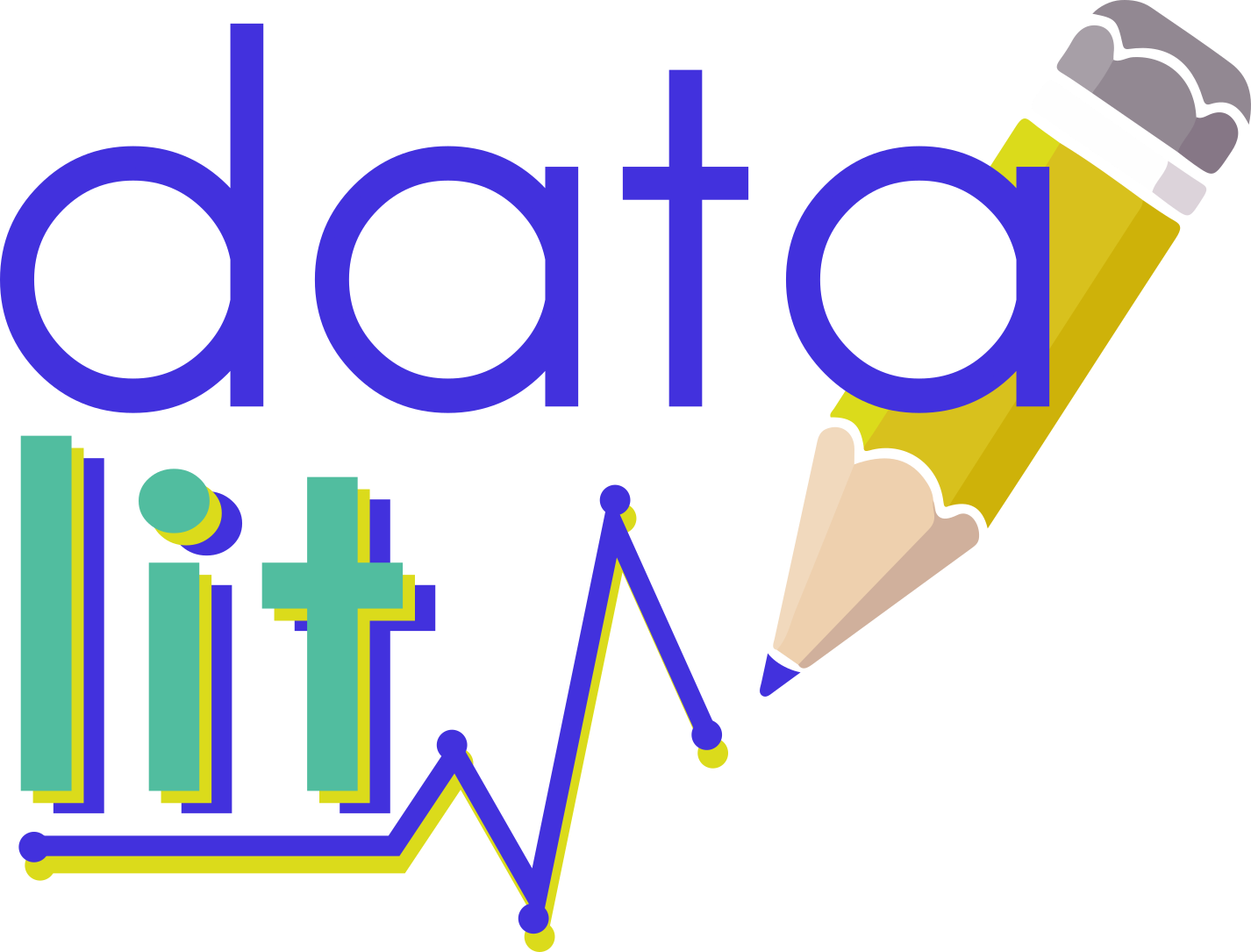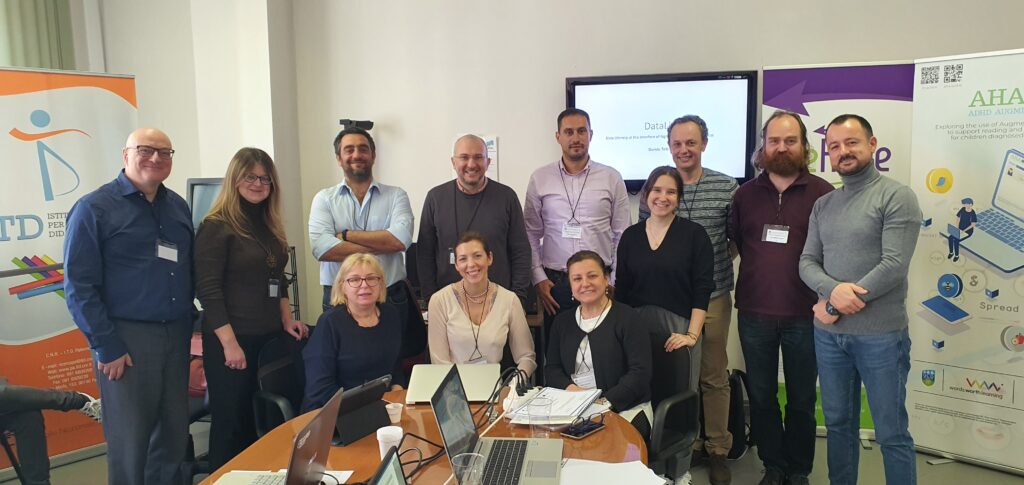DATALIT
Data Literacy at the Interface of Higher Education and Business
DATALIT is on a mission to make data literacy a cornerstone of academic and professional success. n our rapidly evolving digital world, knowing how to read, interpret, and effectively use data is critical for all fields—be it social sciences, engineering, humanities, or business.

Vision
DATALIT aims to ensure that students, educators, and employers collaboratively reap the benefits of smart, data-driven decision-making and innovation.
Through a cross-disciplinary approach, the project positions data literacy as an essential 21st-century skill. Rather than limiting these competencies to STEM programs, DATALIT opens opportunities for every academic discipline to harness data insights—be it for research, strategic planning, or day-to-day decision-making. This means creating not only competent graduates but also empowered citizens, ready to engage in a more data-centric society.

Approach & Key Activities
DATALIT adopts a research-backed and action-oriented framework, ensuring the integration of data literacy meets genuine needs in both academic and industry settings:
Mapping Data Needs in Higher Education & Business
Identifying how data is currently applied and where the biggest competence gaps lie. This includes surveying students, academia, and companies across Europe to ensure a tailored curriculum.
Defining Data Literacy Competences
Developing a clear competence framework—covering everything from basic data understanding to advanced analytics and ethical considerations. This framework goes beyond technical skills to include critical thinking, responsible data use, and problem-solving.
Building an Interactive Learning Ecosystem
Creating blended learning experiences—combining online modules, hands-on workshops, and real-world case studies. With a dedicated digital platform, learners can easily access resources, tools, and support from experienced data professionals.
Bridging University & Industry
Engaging students in internships and mobility programs with partner companies, where they can apply newly acquired skills in real business contexts. This hands-on approach accelerates learning and ensures the data literacy framework stays relevant to market needs.
Ensuring Sustainable Adoption
Equipping academic institutions with long-term strategies, so that data literacy modules can be seamlessly integrated into existing curricula. The project also offers validation (using ECTS, EQF, Europass, and LEVEL5 frameworks) so that newly gained competencies are formally recognized and transferable across Europe.

Why DATALIT Matters
Data literacy is fast becoming the new baseline for employability, innovation, and civic engagement. Without the right skills, individuals and organizations risk being overwhelmed by the sheer volume and complexity of data. DATALIT seeks to change that by advancing:
- Data-Driven Mindset: Empowering students and professionals to make informed decisions by correctly analyzing and interpreting data.
- Seamless Collaboration: Connecting universities and industries to ensure that coursework translates into practical skills and fosters valuable partnerships.
- Responsible Data Use: Promoting ethical and inclusive data practices, highlighting privacy, data protection, and transparency to build public trust.
- Broad Accessibility: Making data literacy resources available to all disciplines, ensuring that no student or educator is left behind in the digital transformation.
The DATALIT Project isn’t just about teaching statistics or coding—it’s about cultivating a data-savvy culture that propels forward innovation, efficiency, and ethical decision-making across Europe’s academic and professional landscapes. By the project’s conclusion, universities will have the frameworks, tools, and partnerships needed to deliver high-impact, future-proof data literacy education—unlocking greater opportunities for learners, educators, and businesses alike.
